War in Ukraine
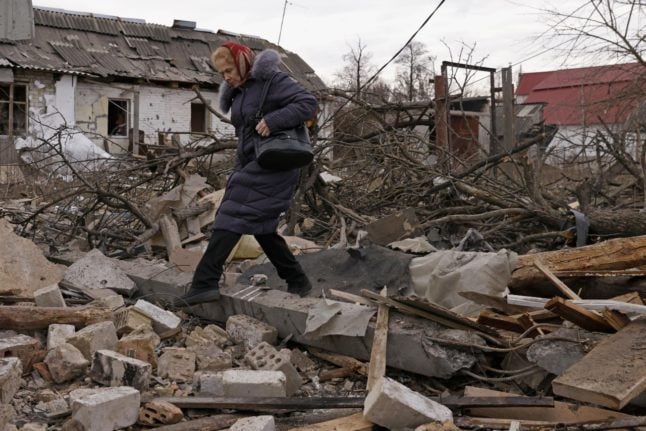
Out of all the events that have shaped the political and social landscape this year, Russia’s invasion of Ukraine is by far the most wide-reaching. By the start of 2022, Russian troops had been stationed at the border of Ukraine for several months – but few had predicted a full-scale invasion.
Then, on February 24th, the troops moved across the border and Russian aircraft began shelling cities and towns across Ukraine. It prompted a huge humanitarian crisis as refugees from Ukraine fled to Poland and other parts of Europe – including Germany. In the weeks that followed, masses of volunteers gathered at train stations in Berlin to welcome those fleeing the war, and groups around the country set up collection points for desperately needed donations. As of December this year, more than one million refugees from Ukraine had registered with the authorities in Germany.
Beyond the devastating human impact of the war, Russia’s invasion of Ukraine also forced Germany to rethink decades of foreign policy. Chancellor Olaf Scholz (SPD) immediately put a stop to the controversial Nord Stream 2 pipeline and swiftly announced an unprecedented €100 billion investment in the German military.
For him, the start of the Ukraine war marked a Zeitenwende (historic turning point): a time for Germany to shore up its military defences, prepare for threats from hostile nations, and end its decades-long dependence on Russian gas.
READ ALSO: Zeitenwende: How war in Ukraine has sparked a historic shift in Germany
Energy crisis

If there’s one word that’s dominated the headlines in Germany this year, it’s “energy.” From soaring gas prices to oil embargos and attacks on the Nord Stream pipelines, the energy crisis has barely been out of the news – and it has also had a very real impact on people’s lives.
When The Local conducted a survey of readers earlier this year, many told us they were being extra careful about their energy use at home. Some were taking shorter showers or washing up with cold water, while others said they were keeping the heating off as long as they could. Several readers told us this was out of solidarity with Ukraine and to help Germany keep its energy reserves high for winter. Others were primarily worried about the high prices.
As Germany tries to move away from dirt-cheap Russian gas, there were fears that the country would face shortages and rationing over winter. The cost of energy has also doubled – and in some cases tripled – this year, leaving many households in Germany struggling to pay their bills.
To try and compensate for the price hikes, Germany’s traffic-light coalition of the Social Democrats (SPD), Greens, and Free Democrats (FDP) was forced to shell out billions on a number of relief packages in 2022. The first of these included numerous tax cuts, special one-off payments for employees and benefit claimants, and a €9 nationwide public transport ticket that ran over summer.
More recently, Chancellor Olaf Scholz unveiled what he described as a Doppel-Wumms (or double whammy): a €200 billion relief package that includes a cap on gas and electricity prices for households and businesses. This will come into force next year.
High inflation
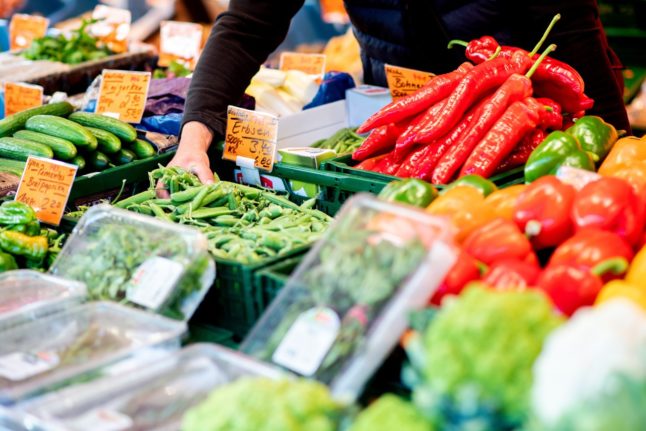
Yet another consequence of the Ukraine war and ensuing energy crisis is that the cost of living has gone through the roof this year. In recent months, inflation in Germany has hit record levels and even exceeded the 10 percent mark.
In particular, households have been feeling the squeeze on their weekly or daily grocery shop. Major German supermarkets like Aldi, Edeka, and Rewe have said they’ve had no choice but to repeatedly hike up the price of everyday items as they face higher costs themselves.
All of this has meant that saving money has become a major topic for readers this year as people look for ways to cut back on their spending. It has also led to some especially fierce fights between trade unions and employers, as workers demand higher pay packets to offset the high cost of living.
READ ALSO: How Germany’s soaring inflation is hitting household budgets
Citizenship and migrant rights
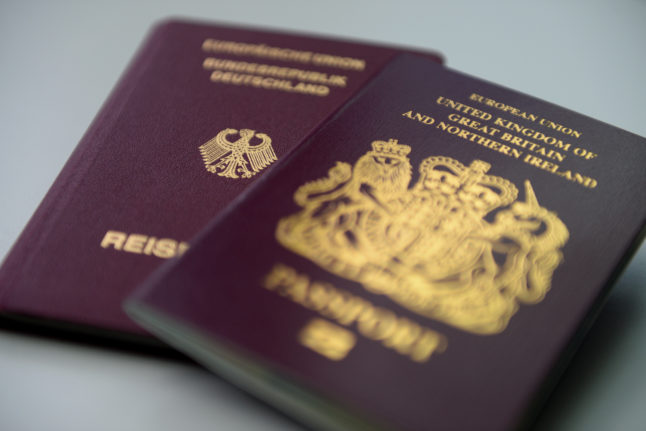
The coalition government’s promise to ease current tough citizenship rules sent waves of excitement through Germany’s migrant community in 2021.
This year, things got even more real, as the Interior Ministry started drafting the new rules in the hopes of passing the bill next year. So far, it looks like non-EU citizens will finally be permitted to keep their existing passport(s) when they become German, and citizenship will be possible after just five years or even as little as three.
More recently, it emerged that there would also be special carve-outs for older people from the guest worker generation. We also discovered that the children of migrants would get automatic German citizenship if their parents have legally been in the country for five years or more.
Interestingly, the government is also thinking of setting a high bar for foreigners who want to naturalise after just three years. This group of fast-track applicants will have to prove they have at least C1 level German in the bag.
But the changes haven’t been welcomed by everyone. In fact, a parliamentary debate earlier this month showed how incendiary the topic of migration and citizenship can be. Expect more ferocious debate over the changes next year.
READ ALSO: ‘Dangerous and wrong’: Why German MPs are clashing over citizenship plans
The €9 ticket
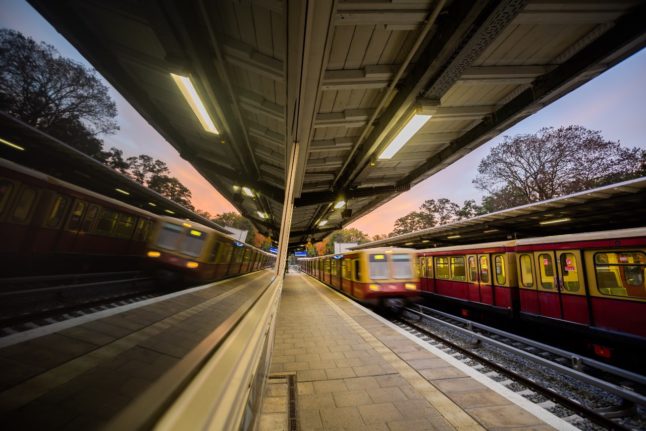
What started out as a temporary relief measure caused such a stir in Germany that it could have changed the status quo forever. For three months over summer, the €9 ticket let people travel all over the country and still get change for a tenner.
The Local’s readers were thrilled when the ticket was announced, and told us they had been travelling much more to take advantage of the new deal. One single parent said they were finally able to take their children on day trips and were doing much more together as a family. Others said they were thinking twice before taking the car when travel on trains and buses was so affordable.
Since the summer, prices have gone back to normal – though Berlin has put its own budget ticket in place to keep costs low for commuters. However, the pressure on the government for a new €9 ticket has been so great that a new deal is set to be launched next year. At €49, it’s a fair bit pricier than its predecessor, but it will still enable people to travel all over Germany on local and regional buses and trains.
READ ALSO: ‘Deutschlandticket’: What you need to know about Germany’s new €49 travel ticket
Climate change

Back in July 2021, the flash floods that struck western Germany revealed the true cost of the climate crisis. More than 180 people lost their lives while thousands lost their homes and livelihoods, and communities are still rebuilding even today.
Thankfully, Germany hasn’t seen any natural disasters of that scale in 2022. However, forest fires, droughts and unusual weather events have continued to hit the headlines.
Most strikingly, the German Weather Service (DWD) reported in November that the first eleven months of 2022 had been the hottest on record. The country saw average temperatures of 11.3C over this period and experienced it’s highest-ever temperatures as the mercury hit 39.2C in Cottbus on June 20th. As the months progressed, several weeks in autumn could have easily been mistaken for summer. In fact, on September 5th, temperatures in Kleve on the Lower Rhine reached an astounding 32.3C.
The trend looks set to continue to the very end of the year, as DWD has predicted temperatures of up to 22C in some parts of Germany on New Year’s Eve.
The increasing frequency of sweltering days has led to an increase in forest fires and an impassioned debate around how to save Germany’s forests. Climate protesters have also stepped up their tactics this year, as activists from Last Generation glued themselves to roads, chucked mashed potato at a Monet painting, grounded flights at Munich Airport and even vandalised the Christmas Tree at the Brandenburg Gate.
Life after Covid
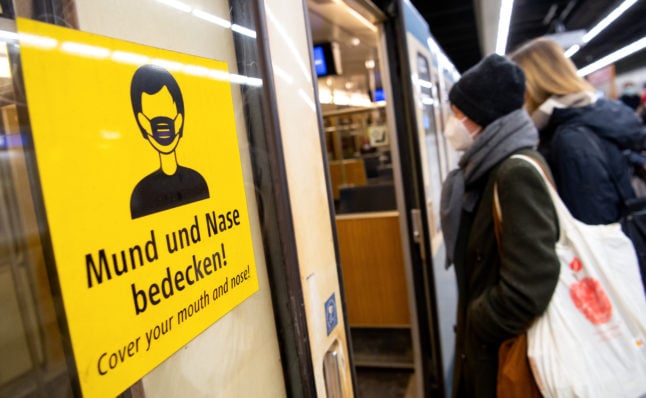
After two long years of lockdowns and restrictions, 2022 was the year when life started to really return to normal in Germany. By summer, most of the remaining rules had been eased, and this continued in autumn with just a few bare-bones measures like masks on public transport and in care homes.
But the road to normality hasn’t exactly been an easy one. As travel opened up, holidaymakers had to bare the brunt of the mass layoffs that had happened at airports and airlines during Covid. From Düsseldorf to Munich, passengers were stuck waiting for hours to check in bags and pass security, and there were numerous reports of luggage going missing.
There has also been no shortage of discussion about when to remove the remaining restrictions. Most recently, a debate has flared up once again about whether masks are still needed on public transport. Over the past few months, a handful of federal states have ended the mask-wearing rule on buses and trains and got rid of mandatory self-isolation for people who test positive for Covid.
As we enter 2023, government ministers are arguing amongst themselves on how to proceed. And some are also calling for new travel bans to try and stop new variants entering the country from China, which is currently in the grip of a ferocious wave.
With that in mind, it’s likely that Covid will be staying in the news well into next year.
READ ALSO: Will Germany block travel from China amid soaring Covid infections?
Housing shortages
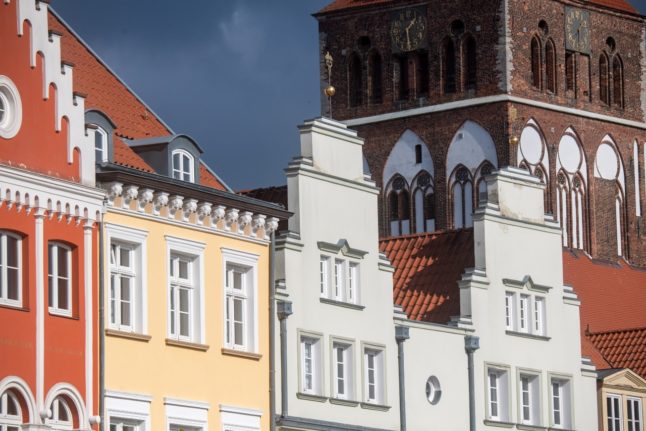
Alongside the new challenges that 2022 brought with it, some age-old problems have stayed with us. One of the most pressing has been Germany’s housing crisis, which has only worsened this year.
Supply chain issues in the aftermath of Covid have made it harder to build rapidly, while the high cost of building materials and hikes in interest rates have also made it more expensive. This has scuppered the government’s target of building 400,000 new homes a year in Germany. Instead, experts predict it’ll be more like 250,000.
To make matters worse, buying a property is becoming increasingly unaffordable for people since mortgage rates are shooting up. That means that more people have been turning to the rental market, which is also driving up rents.
An incredible story from Munich earlier this year also shed light on another issue that could be making the housing crisis worse: a local landlord was apparently fined tens of thousands by the tax office for charging not too much, but too little in rent.
Next year, experts are predicting a slowdown on the property market, while rents could (unfortunately) continue to rise.
Extremism
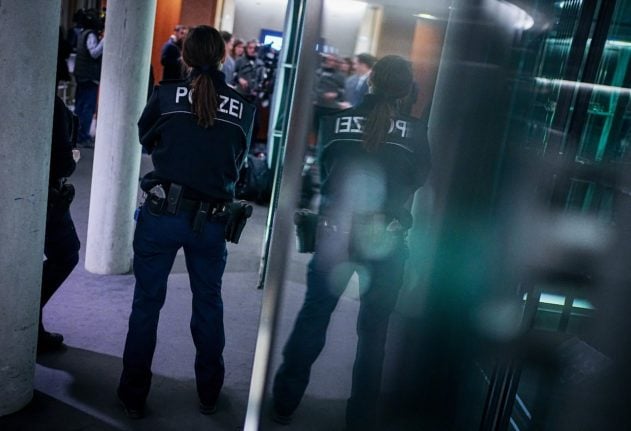
Far-right extremism has been on the rise for a number of years in Germany and the Covid pandemic appears to have given fringe groups a renewed sense of purpose.
Back in May, police reported a record in politically motivated crime, with more than 55,000 logged offences having a political background. Around half of these originated from far-right groups, while 10,000 involved the far-left, the authorities said.
In one particularly high-profile case, police uncovered a terrorist plot to kidnap Health Minister Karl Lauterbach (SPD). Lauterbach has apparently been under police protection since April after the plot was exposed.
But perhaps most shocking of all was the planned coup linked to the extremist Reichsburger group, which was foiled after authorities carried out mass raids at the start of December. The coup plot, which involved plans for an armed attack on the Bundestag and the rewriting of Germany’s constitution, hit headlines around the globe. It has resulted in a rethink of Germany’s gun laws and plans to make it easier to weed extremists out of the country’s public institutions.
Nazi trials
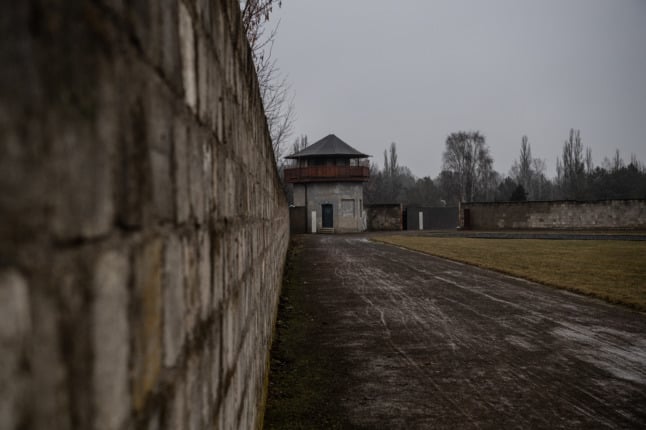
This year has also seen a number of high-profile trials as prosecutors seek a belated reckoning for people involved in Nazi atrocities.
With more than seven decades having passed, there has been a strong sense of urgency to the proceedings as time runs out to bring those responsible to justice.
One recent case involved a 97-year-old woman who was found guilty of working as a secretary at a concentration camp between 1943 and 1945. Another saw an 101-year-old man put on trial for allegedly working as a guard at the Sachsenhausen concentration camp in Oranienburg, just outside Berlin.
Beyond a reckoning with Nazi history, there have also been attempts to come to terms with Germany’s dark colonial past this year. Most recently, that involved renaming two streets in Berlin’s Wedding district to honour key anti-imperialist figures rather than colonialists.
It also involved returning some artefacts to Nigeria that were pillaged by invaders in colonial times.


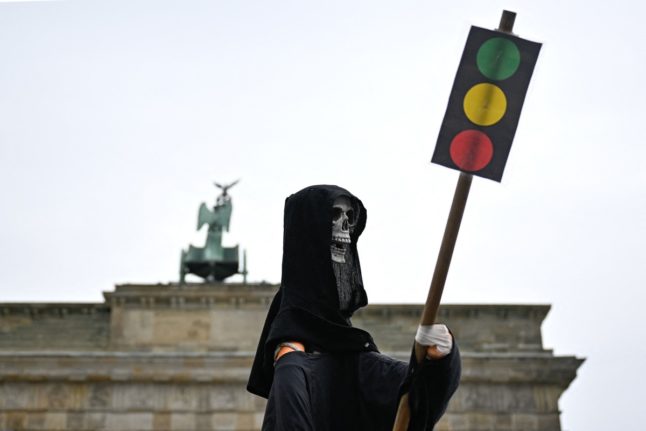
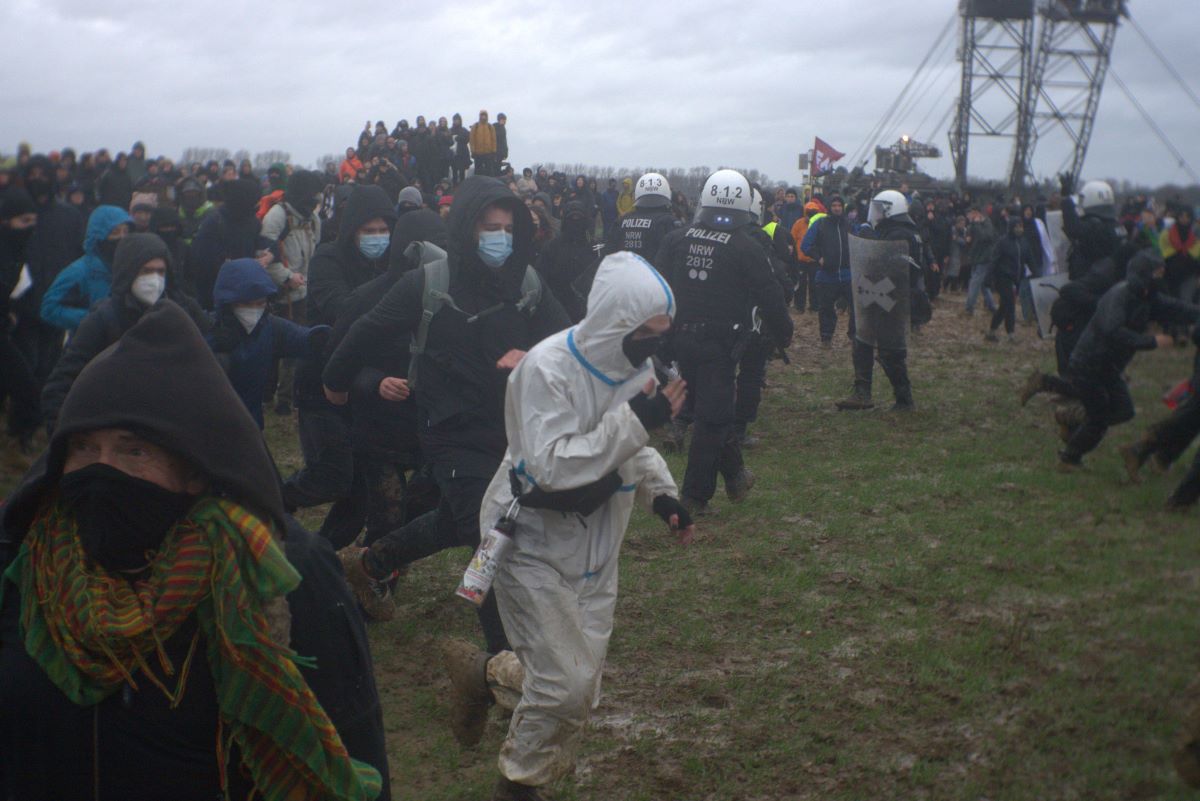
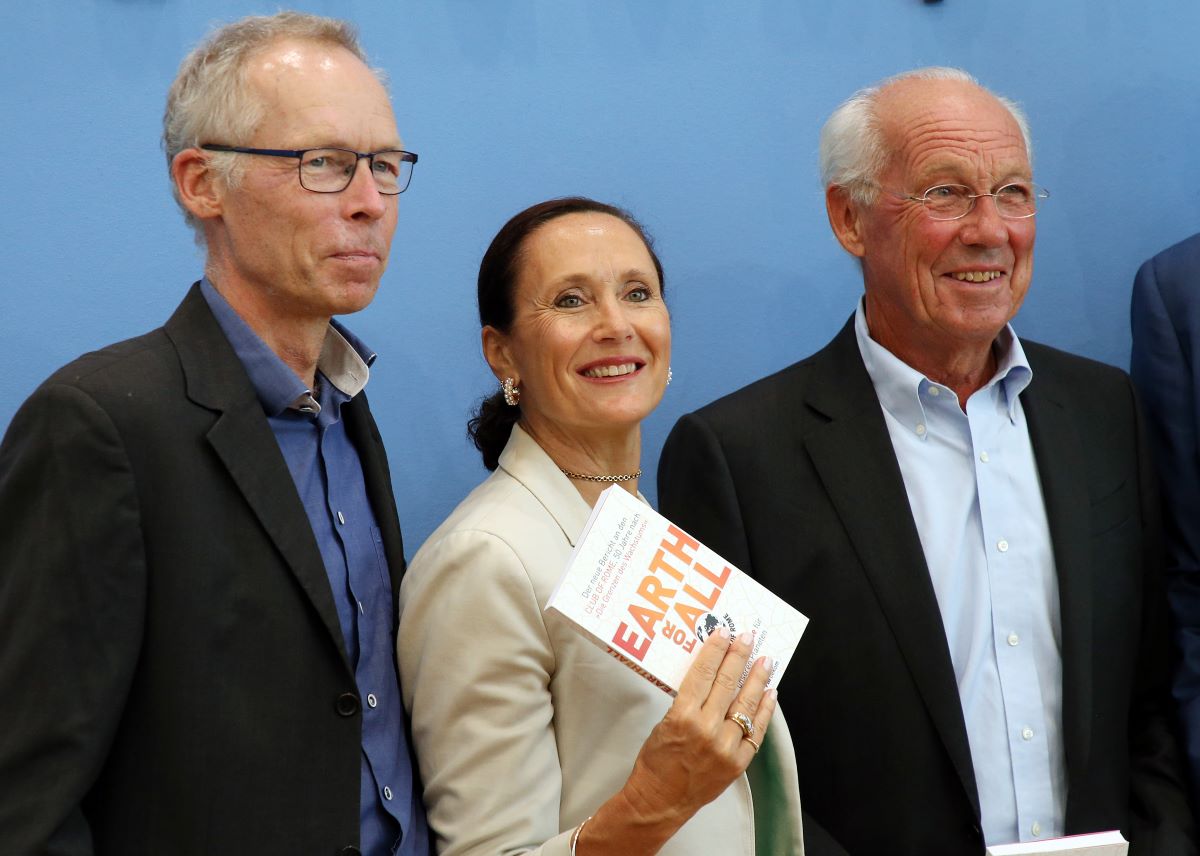
 Please whitelist us to continue reading.
Please whitelist us to continue reading.
Member comments